Switzerland returns to Human Rights Council
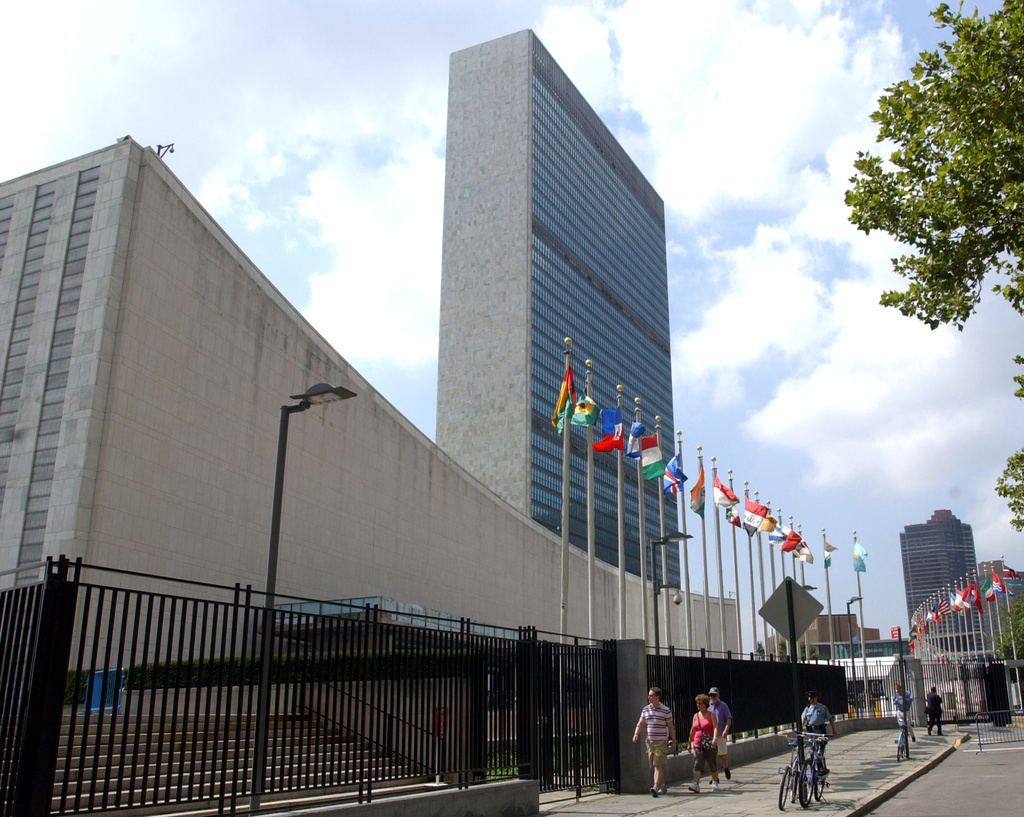
Switzerland has been re-elected to the 47-seat United Nations Human Rights Council after a vote by the UN General Assembly in New York.
It was one of 14 countries seeking a seat on the controversial Geneva-based body. After the vote Swiss Ambassador Jürg Lauber said Switzerland was looking forward to being a member of the council again.
“We’re happy about the election and ready to get down to work. The council is the most important body for human rights within the UN system and an important platform for our human rights policy,” Lauber told swissinfo.ch.
It is Switzerland’s second three-year term on the council, which answers to the General Assembly.
The election results were considered predictable as all of the candidates were running unopposed as nominees of their geographical regions and the results were criticised by non-governmental organisations (NGOs).
The Coalition for an Effective Human Rights Council said in a statement that the absence of competitive slates undermined membership standards and deprived the General Assembly of the opportunity to elect the most qualified countries.
“The council elections have become a pre-cooked process that strips the meaning from the membership standards established by the General Assembly,” said Peggy Hicks, global advocacy director at Human Rights Watch, a member of the coalition.
“States serious about the role the council can play in promoting human rights should push for competitive slates in all regions, and should be willing to compete for a seat themselves.”
The UN General Assembly approved all 14 candidates for the 14 seats on the council by wide margins, including seven countries – Libya, Angola, Malaysia, Thailand, Uganda, Mauritania and Qatar – seen as having poor human rights records.
“A joke”
The vote means that Switzerland and Libya, who are engaged in an ongoing diplomatic row, will be forced to work together. Earlier this year, Libyan leader Moammar Gaddafi urged holy war against Switzerland, as well as a boycott of the country, after the Swiss voted against the building of minarets last November.
When asked about working with Libya, Lauber said: “There are 47 of us sitting around the table and we have a mandate as members of the council, which we will pursue professionally as everyone else.”
Earlier this week, a coalition of 30 NGOs appealed to representatives at the UN to block Libya from winning a seat on the council, calling the Gaddafi regime “one of the world’s most brutal and longest-running tyrannies”.
“To see Libyan dictator Colonel Moammar Qaddafi judge others on human rights will turn the UN council into a joke,” said Hillel Neuer, executive director of UN Watch, the Geneva-based human rights monitoring group that circulated the appeal.
Council under fire
The UN Human Rights Council was created in 2006 – the result of a Swiss initiative – to replace the UN Commission on Human Rights, which was widely seen as ineffective. But the council has attracted similar criticism.
Human rights groups not only berate the council for having members with poor human rights records, but many also believe that the council is controlled by a bloc of Islamic and African states who protect each other from scrutiny.
The council has also come under fire by the European Union, the United States and the UN Secretary-General Ban Ki-moon for what they believe is a strong bias against Israel.
Critics say the council’s uncompetitive elections allow repressive countries to join and then use it as a way to block judgment of their own records. The vote on Thursday was the first time that regional groups picked a number of candidates equal to the number of seats available to them.
Ahead of the election, a coalition of 30 NGOs also slammed western states for submitting a “closed slate” of only two countries, Spain and Switzerland, for the two western seats up for grabs. “This contravenes the 2006 promise that the reformed council would bring competitive elections, and sets a poor example,” the coalition said in a statement.
In response, the Swiss foreign ministry said Switzerland would prefer not to have closed slate elections and would rather see more candidates than seats. “But all we can do is put forward our candidacy,” spokesman Johann Aeschlimann told swissinfo.ch.
Swiss engagement
The foreign ministry said joining the council was desired because it believes engagement is the best way to defend human rights. The ministry also said it has specific goals it hopes to achieve while on the council.
“We want to contribute as much as we can to the consolidation and the credibility to instruments like the Universal Periodic Review [of human rights records] and the role of special rapporteurs,” Aeschlimann said.
He added that Switzerland looked forward to participating in the formal evaluation of the council, which will take place in 2011, as well as a two-phase assessment at the end of the month.
Switzerland plans to work with moderates on the council to have a fair and objective discussion on human rights. “We want to have a dialogue that transcends the blocs and the groups – a dialogue that is inclusive and at the same time objective,” Aeschlimann added.
Karin Kamp in New York, swissinfo.ch
Swiss Foreign Minister Micheline Calmy-Rey presented the concept of the Human Rights Council in March 2004 to replace the widely discredited and highly politicised UN Human Rights Commission created in 1946. The UN officially accepted the idea in September 2005.
The first session of the UN Human Rights Council took place in June 2006 at its headquarters in Geneva.
Switzerland was on the council from 2006-2009 but was just an observer for the last year. Its new term runs until 2013.
(With number of votes)
African States
Angola – 170
Mauritania – 167
Uganda-164
Libya- 155
Asian States
Maldives- 185
Thailand – 182
Malaysia – 179
Qatar – 177
Eastern European
Moldova – 175
Poland – 171
Latin American and Caribbean States
Ecuador – 180
Guatemala – 180
Peru – 1
Western European and other States
Spain – 177
Switzerland – 175
The distribution of the 47 seats is in accordance with what the UN calls “equitable geographical representation” as follows: 13 from the African group; 13 from the Asian group; 6 from the eastern European group; 8 from the Latin American and Caribbean group; and 7 from the western European and other states group.
Each member of the council, elected by an absolute majority, has to submit itself to periodic reviews of its human rights record.
The council meets at least three times a year, with the possibility of calling emergency sessions. The General Assembly can also suspend council members found guilty of gross human rights violations.
The council was created with the main purpose of “addressing situations of human rights violations and make recommendations on them”.

In compliance with the JTI standards
More: SWI swissinfo.ch certified by the Journalism Trust Initiative
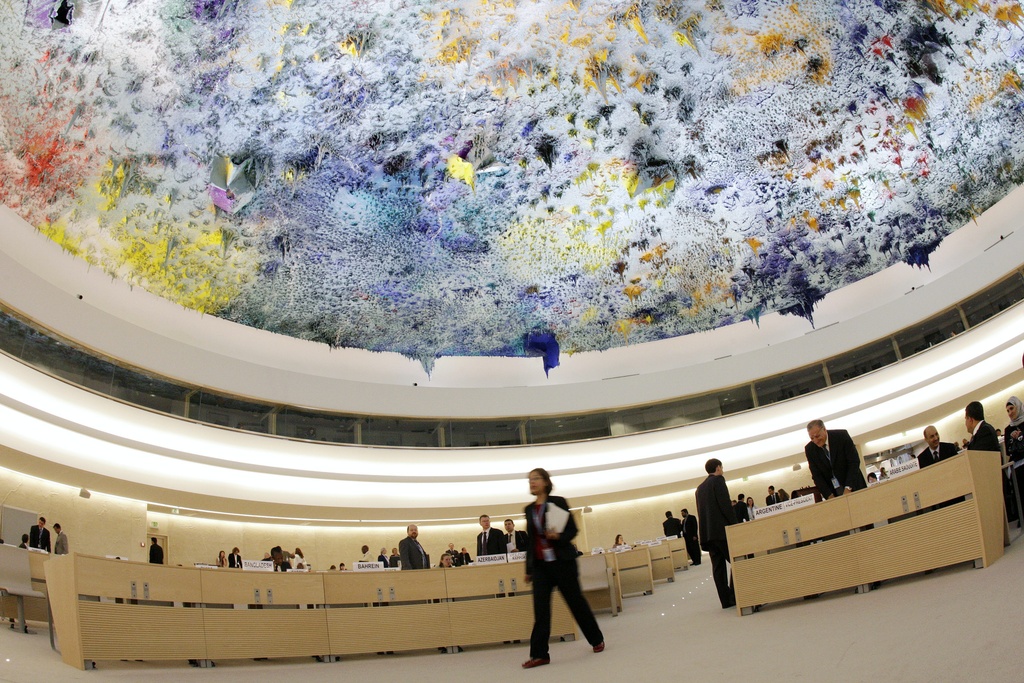
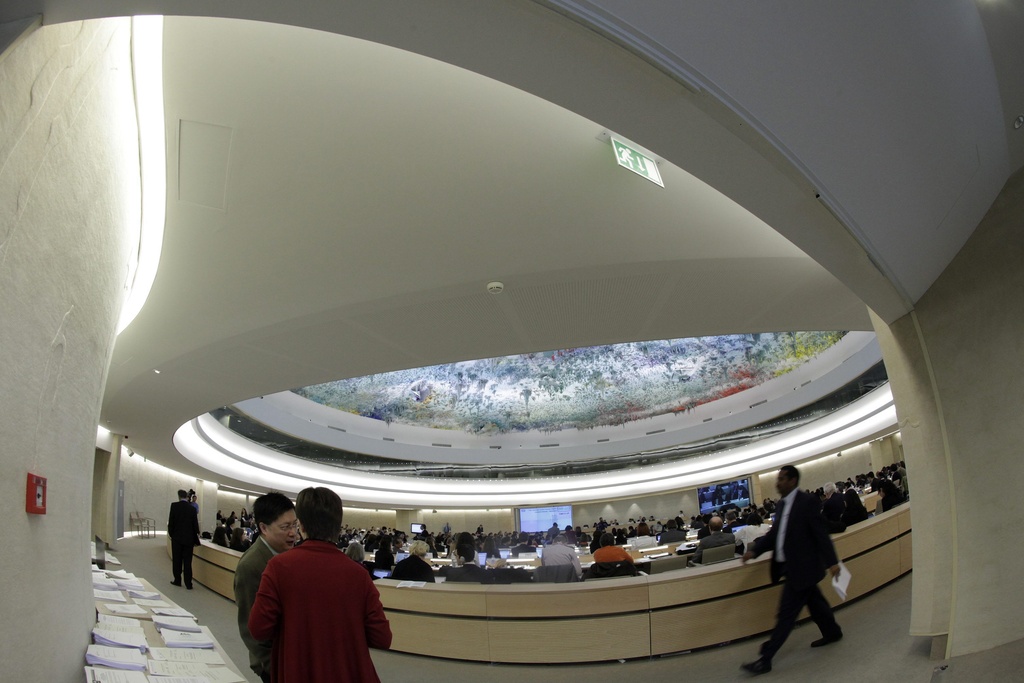
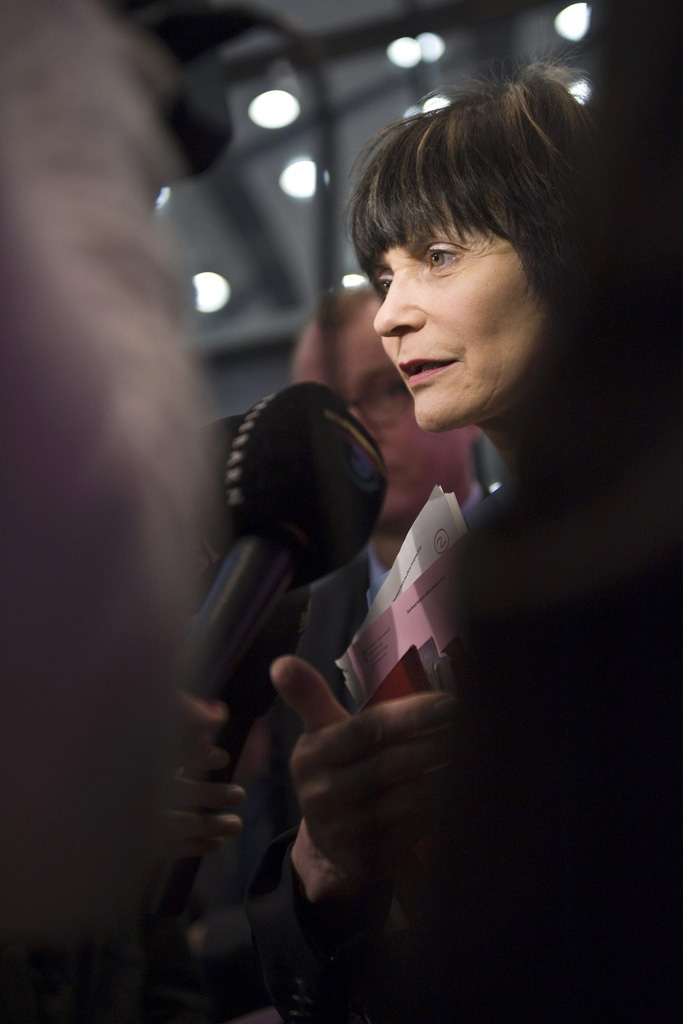
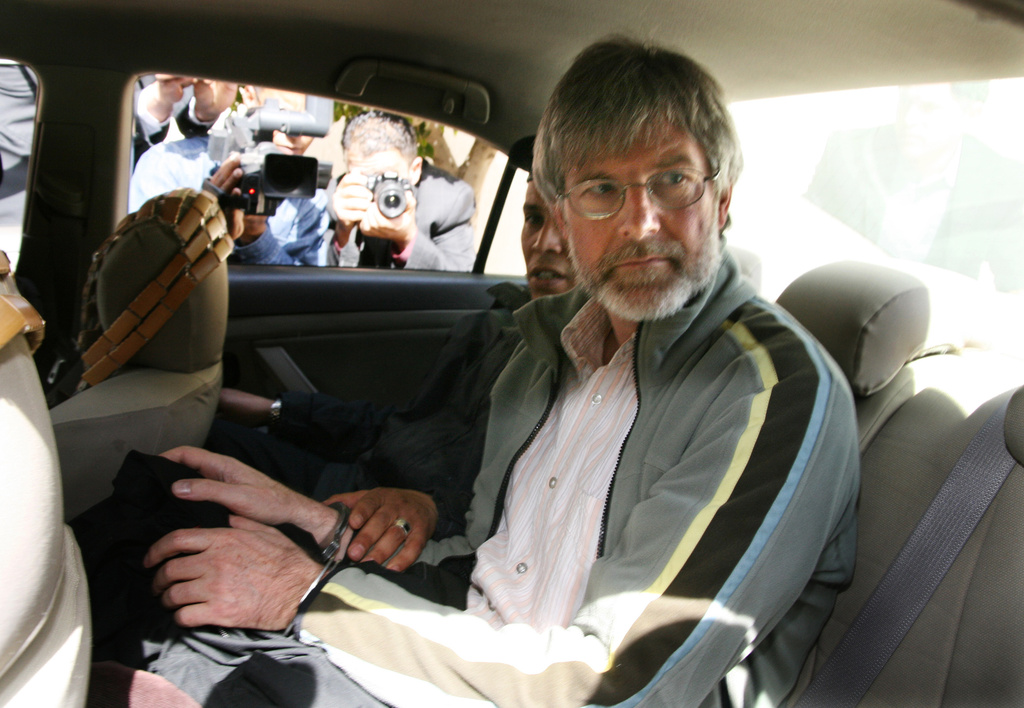
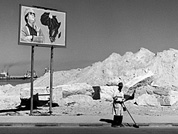
You can find an overview of ongoing debates with our journalists here . Please join us!
If you want to start a conversation about a topic raised in this article or want to report factual errors, email us at english@swissinfo.ch.